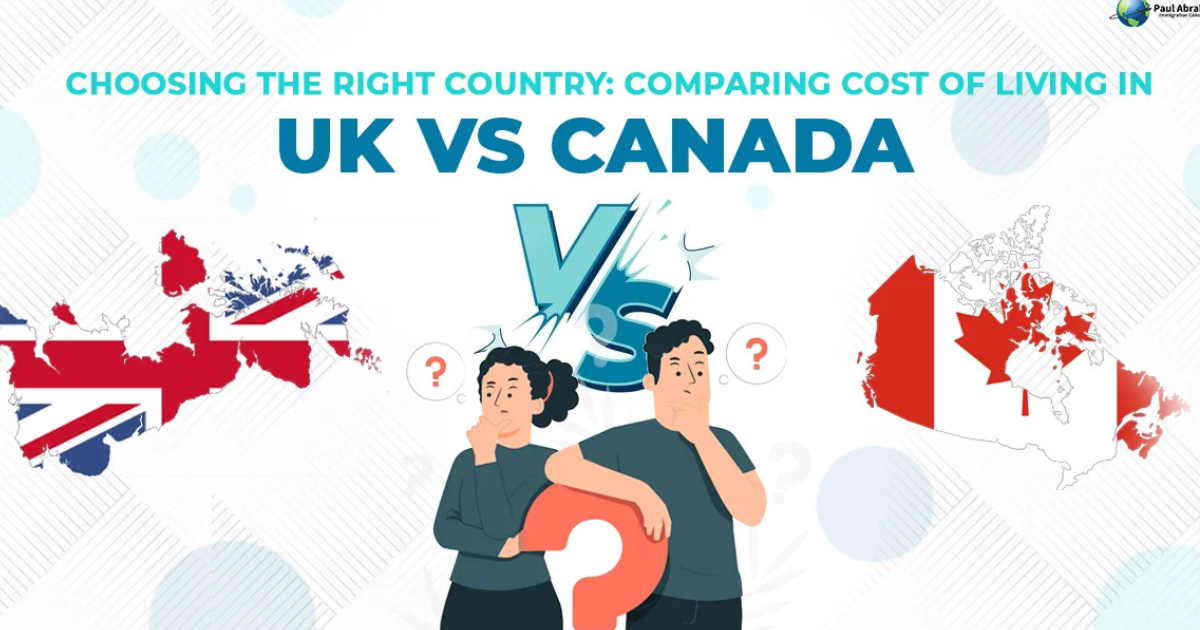UK vs Canada: Which is Better for International Students in 2025?
Choosing between the UK and Canada as a destination for international studies in 2025 depends on various factors such as quality of education, cost of living, post-graduation opportunities, and cultural experience. Both countries have world-renowned institutions and offer strong support for international students, but they differ in significant ways.
Quality of Education and Institutions
The UK is home to some of the world’s most prestigious universities, including Oxford, Cambridge, Imperial College London, and the London School of Economics. Degrees from UK institutions are globally recognized and often completed in a shorter time (typically three years for undergraduate and one year for master’s programs), which can save time and money.
Canada also boasts high-ranking universities like the University of Toronto, McGill University, and the University of British Columbia. Canadian institutions are known for research excellence and a more flexible education system. While programs may be longer (usually four years for undergraduates and two for master’s), they offer co-op and work-study options that give students hands-on experience.
Cost of Living and Tuition Fees
In 2025, tuition in the UK remains high, especially for non-EU international students. On average, undergraduate international students can expect to pay between £11,000 and £38,000 per year, depending on the program and university. Living costs, especially in London, are also relatively high.
Canada tends to be more affordable overall. Tuition for international students averages CAD $20,000 to $35,000 per year. Living costs are lower than in the UK, especially in cities like Halifax, Winnipeg, or Edmonton. Major urban centers like Toronto and Vancouver are more expensive but still generally more affordable than London.
Post-Graduation Work Opportunities
Canada stands out in terms of post-study work and immigration pathways. International graduates can apply for a Post-Graduation Work Permit (PGWP) that allows them to work in Canada for up to three years after graduation. The experience gained can be used to apply for permanent residency through various immigration programs like Express Entry.
In contrast, the UK has introduced a Graduate Route that allows international students to stay and work for two years (three for PhD graduates) after completing their studies. While this is a positive step, Canada’s immigration system remains more accommodating and clear for international graduates seeking long-term settlement.

Cultural and Student Experience
Both countries are multicultural and welcoming to international students. The UK offers a rich historical and cultural environment, diverse cities, and a robust student life. Canada’s natural beauty, safety, and inclusive society also make it a popular choice. Canada consistently ranks high for quality of life and is seen as a safe, friendly country for newcomers.
Conclusion
In 2025, both the UK and Canada offer excellent opportunities for international students, but the choice depends on individual goals. If you’re looking for prestigious institutions and a shorter study duration, the UK might be the right fit. However, if affordability, work opportunities, and immigration prospects matter more, Canada stands out as the better long-term option. Ultimately, students should consider their academic goals, career plans, and personal preferences when making the decision.

